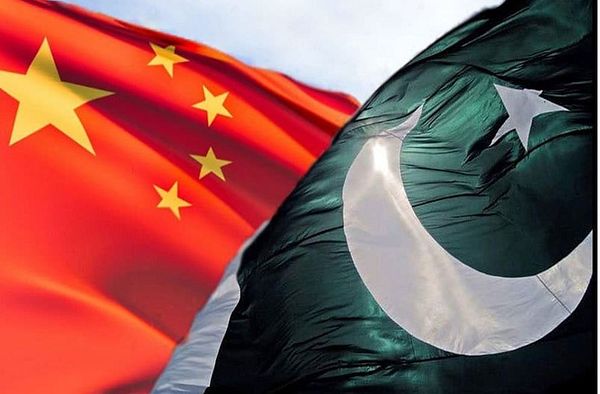More than half of the 143 Chinese firms on the annual Fortune Global 500 list have operations in Pakistan, according to the list published on August 2.This year’s Fortune Global 500 List was dominated by 143 Chinese businesses, including those from the Hong Kong Special Administrative Region (SAR) and the island of Taiwan, putting China at the top for the second year in a row.
The number of Chinese businesses reached 133 in 2020, surpassing the United States for the first time.According to China Economic Net (CEN), at least 75 Chinese enterprises from various sectors, including energy, infrastructure, automobiles, telecommunications, and household appliances, have operations in Pakistan or have participated in China Pakistan Economic Corridor (CPEC) projects, bringing money, advanced technology, and managerial expertise to Pakistan.
China’s State Grid came second, just behind Walmart, the world’s largest retailer. China National Petroleum and Sinopec Group, two more Chinese firms, also reached the top ten. The 660kV Matiari-Lahore high-voltage direct current (HVDC) transmission project is being implemented by China’s State Grid Corporation.
Pakistani Energy Minister Hammad Azhar recently described the project as a “safety net” for the country’s electricity grid.This year’s list included 34 Chinese car manufacturers. China’s state-owned businesses, such as SAIC Motor, FAW Group, Dongfeng Group, and GAC Group, had their revenue and profitability rise, while international automobile companies, such as Volkswagen, Daimler, Ford, and Honda, saw their yearly rankings fall one after another.
SAIC Motor, which is ranked 60th on the list, has announced plans to expand its car manufacturing in Pakistan via a local joint venture. The refurbishment of its facility is expected to be completed by the end of this month, and locally manufactured cars will shortly be available on the Pakistani market. China FAW Group is the co-launcher of Pakistan’s first domestically manufactured Chinese vehicle, the FWA-V2, and is ranked 66th on the list.
There are also 61 Chinese private companies on the list. Three internet-related firms, China’s JD Group, Alibaba, and Tencent, were ranked 59, 63, and 132, respectively. All three internet giants have actively contributed to the development of Digital Pakistan.Alibaba purchased Daraz Group, a Pakistan-based online retailer that helped grow the country’s e-commerce industry, in 2018.
Huawei, Lenovo, and Xiaomi have all increased their ranks in terms of mobile phone businesses. Huawei improved from 49th to 44th place this year. Lenovo Group is ranked 159th, up 65 spots from the previous year.
Xiaomi climbed 84 places in the rankings to become one of the “top 500 enterprises with the fastest growth in the global Internet and retail industry”. Only two weeks ago, the firm stated that it will be establishing an assembly plant in Pakistan for the next three to four months.
Since 2015, Huawei, ranked 44, has collaborated with Pakistan’s Higher Education Commission (HEC). The business intends to offer bright Pakistani youths technological training in areas such as 5G, cloud computing, AI, smart homes, IoT, and cyber-security. The business has aided 87 Pakistani students thus far.
The income and profitability of Chinese businesses remained essentially constant. The businesses outperform the worldwide averages of US$63.4 billion and US$3.3 billion, with average sales revenue of US$66.1 billion and profit of US$3.5 billion.
































